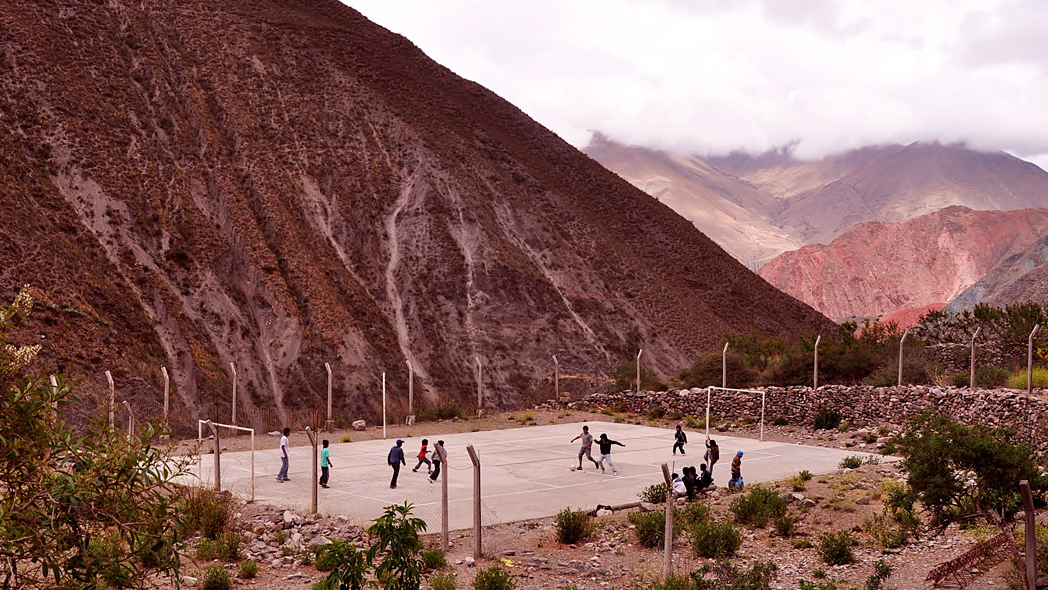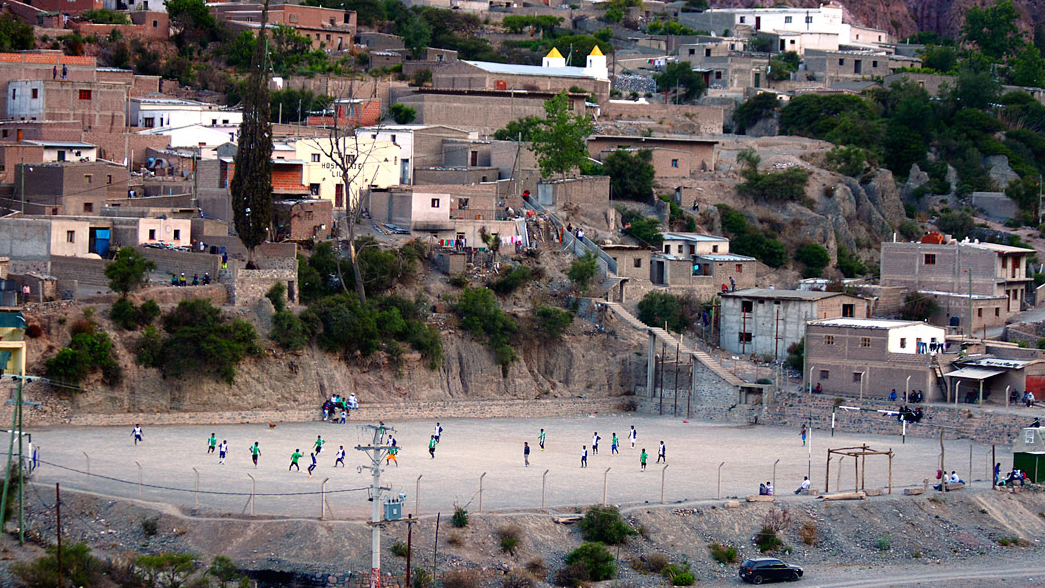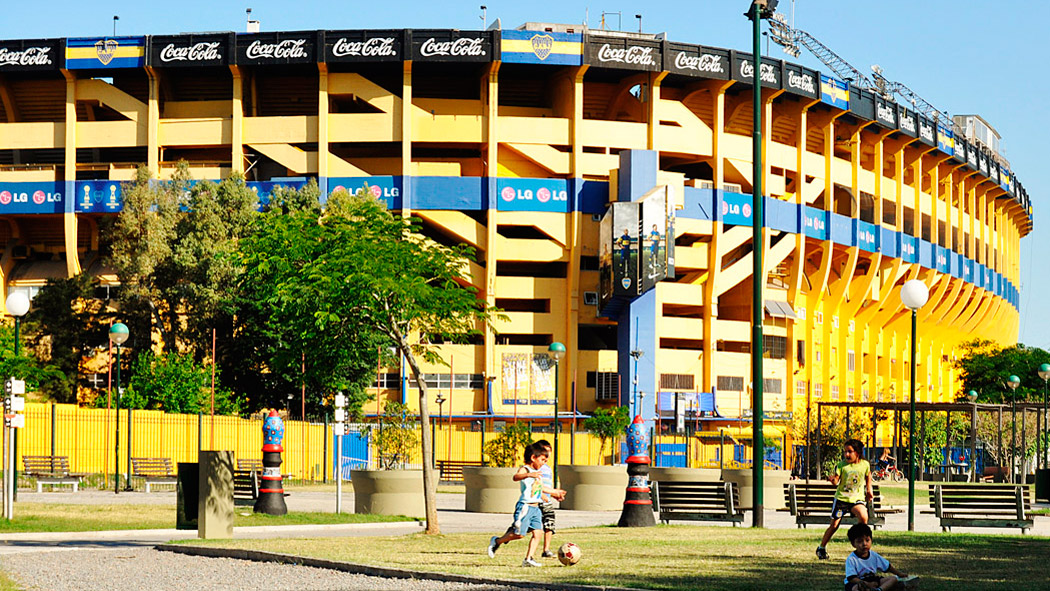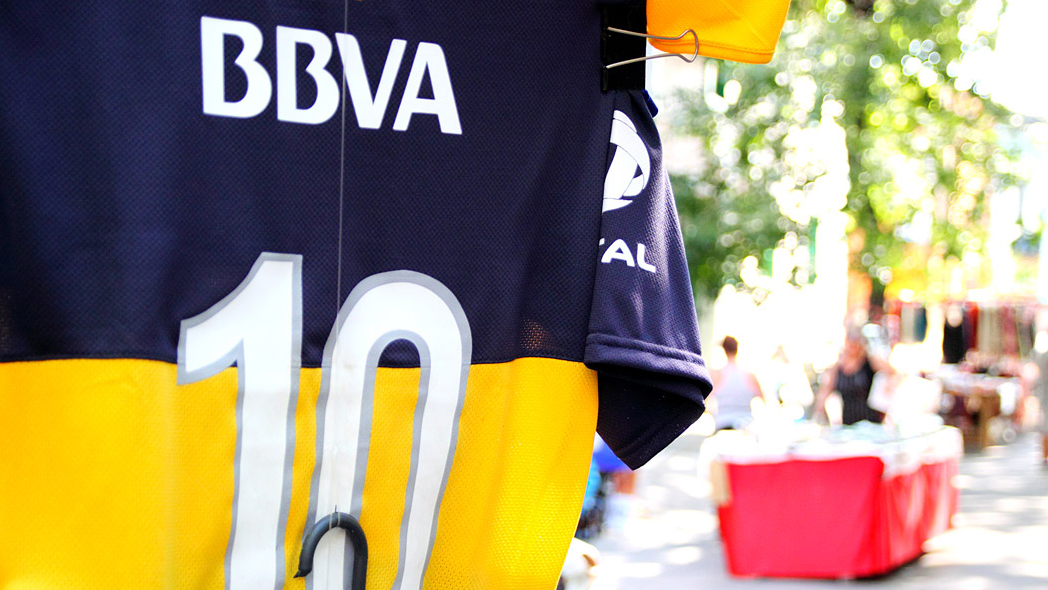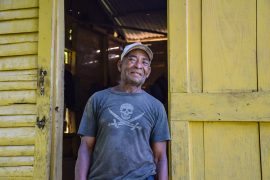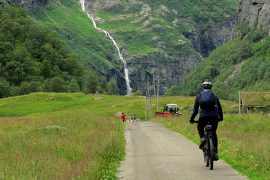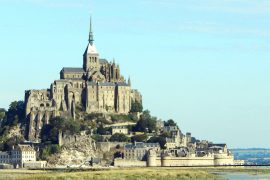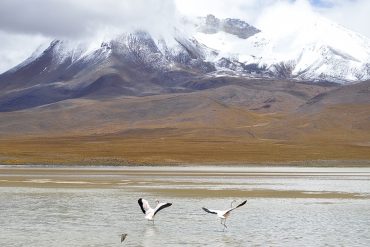“The 1942 world cup doesn’t exist in any history book, but it was played in the Patagonian Argentina …”
– from the book Futbol written by Osvaldo Soriano.
Legends, books and documentaries tell about the story of that unique World Cup, which would have happened in Patagonia and would have been played by teams such as England, Italy and the Third Reich. But the most remarkable myth about that world cup would be the participation and victory of a special team made up of the Indios Mapuches. The indigenous team would beat the Nazis 2-1 in the final, under an epic flood.
Such an incredible story, as beautiful as improbable, could only have been born in one country in the world: Argentina. In many other countries football is part of the tradition and culture, almost a way of living. But in Argentina football is magic and legend… Here dreams get so close to reality. Here Diego Armando Maradona, the best and most discussed player of all times, was born.
El Pibe de Oro represents Argentina and Argentinians in each moment of his life: from the Buenos Aires Villas poverty to the worldwide success, achieved through talent and skill, he is the hero of his people. From the top of the world to a disastrous fall into drug addiction. The Argentinians have experienced a similar fall during the dictatorial oppression of the late ‘70s and in the terrible economic crisis of December 2001.
Nowadays it is still Maradona, together with his contemporary representative Lionel Messi, who inspire the children of Iruya, a remote village in the Andes in the province of Jujuy. Sunday afternoon match in one of the remote villages in the Andes. At 3,000 metres, a ritual as important as only football can be is celebrated. It doesn’t really matter if the field has got no lines or if the goal has got no net. The game is timed by the sunset and each game counts as a Super Clásico.
And no, I do not mean the Clasico, as in Spain. In Argentina there is something bigger: the Superclasico: Boca Juniors against River Plate (Xeneizes against Millionarios)! The two most famous teams of the country that still represent the poor and the rich. Two sides of the same coin face each other twice a year in a show which everyone must attend at least once in a lifetime.
The Boca Juniors is undoubtedly the most loved team in Argentina. They play their home matches at the Bombonera, a legendary stadium located in the heart of the poor neighborhood of La Boca, where the nights are bohemian and dangerous, and where the offspring of Genoa sailors (Xeneizes) who occupied the area in the beginning of last century, still live for the Azul y Oro colours, while looking suspiciously at the Caminito’s curious tourists.
Few know that the River Plate team was born in the same barrio, hence the tough rivalry between the two teams. Around 1930 the River Plate got rich and moved to a new stadium in the northern well off neighborhood of Baires, the famous Monumental, where Argentina became World Champion for the first time among dictatorship and controversy in 1978.
It is in the Barrios of the Capital that niños start playing in the streets and are recognized as future champions from the moment they gain a nickname, because in Argentina there are no players without nicknames! “Brujeta”, “Kun”, “Caudillo”, “Mago”, “Matador”, “El Pelusa”…
The best way to know more about football? Go out into the streets of Buenos Aires… enter a bar or jump into a taxi and, among the colorful lights of the evening, start chatting with mates: -“What’s your team?” and you may receive -“Yo soy un Incha of San Lorenzo como Papa Francisco!”
Incha … an untranslatable word, halfway between fan and fanatic, between supporter and hooligan … a word that exists only where the line between victory and defeat, between angels and demons, good and bad is less clear, in the land of Diego Armando Maradona.
Photograpgy © Giovanni Rossi and Federico Ferrari
Curious about Argentina? Get inspired by this beautiful country and the friendly Argentinians and order your diariesof Argentina magazine now and have it delivered home with free shipping.

